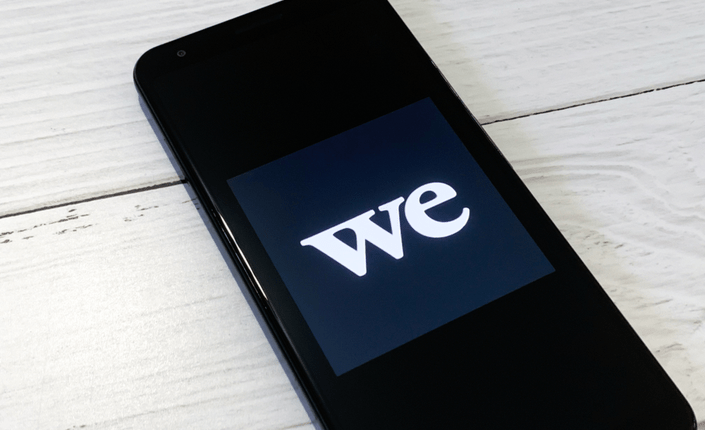
A quick refresher on coworking aggregator startup, WeWork's recent path:
The rise, fall and further fall of the massively popular purveyor of shared office space is already being spun into narratives about Silicon Valley speculation, or venture capital, more generally. Companies achieve dizzying valuations while they’re private, and then an unenthusiastic stock market knocks them over.
But WeWork might be less a harbinger of a collapse to come than it is a warning about a company that trapped itself between our brave new world and the old one we haven’t quite left behind.
WeWork worked because it injected the digital ethos into what was essentially an analog experience. It offered office space but sexier — if sexy looks like coffee and kombucha and beer all on tap, all (at least at first) unlimited. The company’s very name radiates everything the Internet era has to give; not the “i” that Apple sticks in front of everything to make it sound sleek and shiny, but a “we” instead, because this is supposedly the age of connection.
The product was useful. Businesses need somewhere to base themselves, and smaller businesses need smaller spaces. But it was also compelling. “Digital juggernaut revolutionizing our 9 to 5s” sounds a hell of a lot better than “office subleasing company.”
The problem is, WeWork took it too far.
Read more here
Join us November 12-15 for the Property Portal Watch Conference Madrid 2019.
"*" indicates required fields
"*" indicates required fields
"*" indicates required fields
"*" indicates required fields